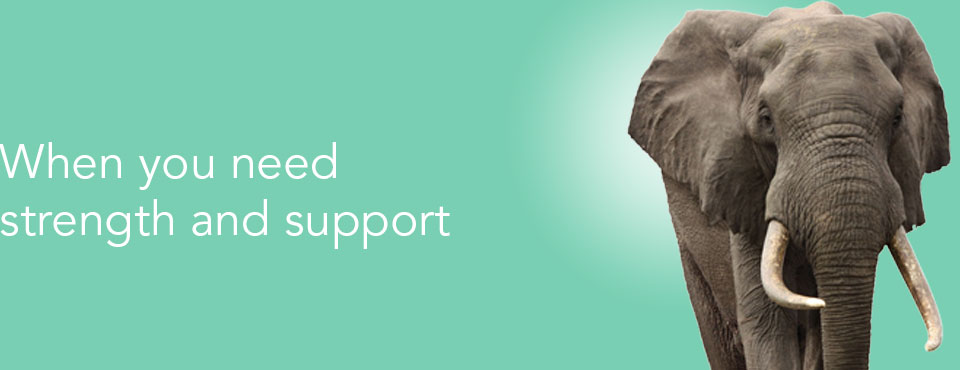What is a Trust?
- A way of arranging your property in a tax efficient way. It is a common misconception that people think trusts are only for the very rich - this is not the case.
- Where assets are transferred by one party ("the settlor") to other individuals ("the trustees") to hold for the benefit of others ("the beneficiaries").
- Can be set up during your lifetime, under the terms of your will, or be created when someone dies without making a will (intestate).
What types of Trusts are there?
There are various types of trusts but one of the most common is the discretionary trust.
- If assets are put into a discretionary trust and you survive 7 years, on death they will not form part of your estate.
- Assets can be transferred into them generally without incurring a Capital Gains Tax charge.
Why should I set up a Trust?
There are many reasons to create a trust so one or more of the following may apply to you. They are particularly useful if you have children who are under 18 and need looking after, should something happen to you.
Succession Planning
Pass shares in a family company or business to your children. By using a trust, you can take advantage of reliefs for "qualifying" business assets, benefiting your children but still retaining decision making power and overall control of those assets by being appointed as one of the trustees.
Estate and Tax Planning
Pass money or property to your children. You may wish to start passing money or property down to the younger generations, but consider that they are not yet ready to hold those assets in their own right. A trust will allow you to provide for your children or grandchildren and begin the process of passing assets out of your estate for inheritance tax purposes, while retaining control as a trustee.
Personal Injury Trust
Preserve compensation received for an injury. If compensation is received as a result of an injury you have suffered then by placing this money into a special Personal Injury Trust means tested benefits will be preserved.
Why should I look at setting up a Trust in my will?
It is important to consider what the tax implication of your death may be especially for your children. You should also consider the best way of organising how your assets pass down the family, so one or more of the following may apply to you:
- To provide for a particular person during their lifetime, but with the estate (or specified asset) ultimately passing to someone else when that first person dies or remarries.
- To make provision for minor, disabled or beneficiaries that are less able to manage their assets.
- To provide flexibility and allow decisions to be made regarding your estate depending on the circumstances in existence at the time of your death.
- To preserve assets for children on second marriage and also "ring fence" assets when the possibility of nursing home care fees should be considered.
Trust law is a complicated area of law and one in which you should take specialist advice. There are several different types of trust that can be created for financial and tax planning reasons. Some trusts will pay inheritance tax whilst others will not.
If you have any type of property it is worth considering setting up a trust, when you write your will.
Are your existing Trusts still fulfilling their original objectives?
Many trusts set up years ago may no longer fulfil their original objectives. They have outlived their original purpose and become tax inefficient and expensive to run so one or more of the following may apply:
- Do you already have a trust in place, but have not reviewed it since the changes to the inheritance tax regime or would like to consider bringing it to an end?
- Are you a trustee of a trust requiring advice on your duties and responsibilities?
- Are you a beneficiary of a trust and would like advice as regards your position?
We are here to help and advise; delay may give rise to unnecessary tax or loss of income. Talk to us today & see if working together helps you reap the benefits
Trust Guide - Helpful information Sheet
 |
 |
 |
 |
 |
 |
|






